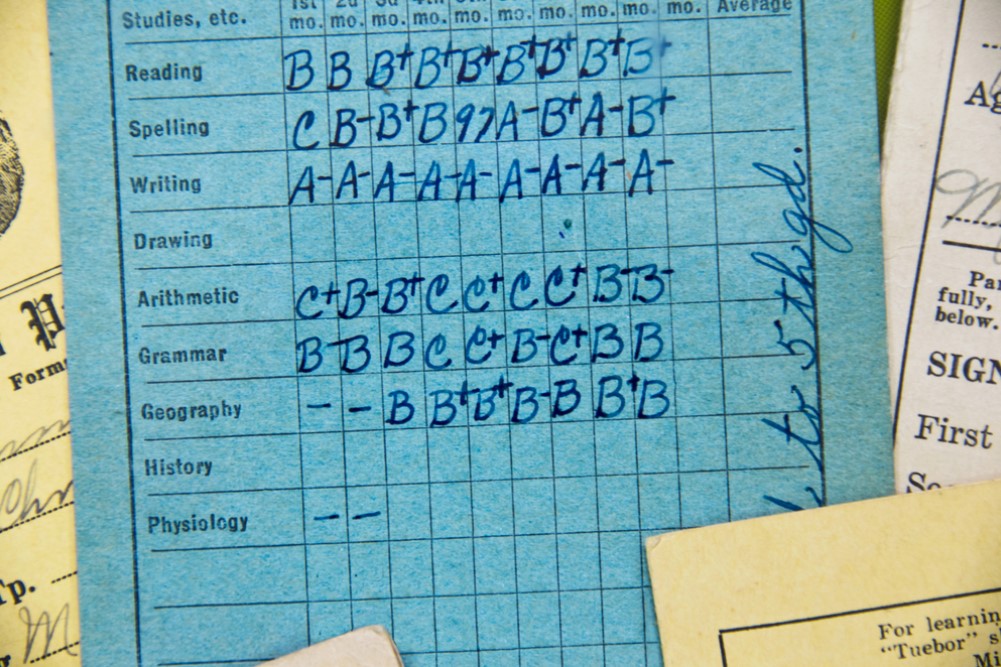In the days before her funeral last week, more than 250,000 former subjects joined the 10-mile queue (line) to see Queen Elizabeth II lying-in-state in Westminster Hall. Some queued for 24 hours. Many slept on the street. More than 400 fainted. All this led The Economist to ask, “is queuing the best way to do things?” The problem, the magazine claims, is how to allocate scarce resources (limited slots to walk by the coffin). “An ideal system,” they write, “would give spots to those who value them the most.”
The free-for-all queue falls short by this metric. Why? It “effectively rations out the spots to those who turn up first—and who are willing to wait.” In other words, it allocates the scarce resource to those with more time, rather than those who value it the most. A devoted royalist with an inflexible job to go to is less likely to see the Queen than a tourist who feels like taking part in the experience. It also led to a lot of wasted time that could be better used. This is, in economic terms, an inefficient system.
So what other options are there, besides the mega-queue? The Economist article suggests a couple, including “some kind of market, with prices for each time slot set high enough to balance supply and demand.” They note that there is some precedence: “To visit Buckingham Palace,” for example, “one must buy a ticket.” Now, this system would also, admittedly, have disadvantages. It obviously benefits those with more ability to pay. And those who can pay most aren’t necessarily the same people who would value the experience most. In any case, the reporter’s suggestion of market allocation of tickets went down pretty poorly in the queue. Of course, there may be a selection effect at play. You wouldn’t expect to find people who dislike the queue system in a 10-mile queue.
But I think there are some reasons besides economic inefficiency to think that a market-based allocation would be a bad idea. “Suppose, on your wedding day,” writes the philosopher Michael Sandel, “your best man delivers a heartwarming toast, a speech so moving it brings tears to your eyes. You later learn that he bought it online. Would you care? Would the toast mean less than it did at first, before you knew it was written by a paid professional? For most of us, it probably would.” For some goods, their being bought or sold seems to affect their value to us.
Or take gifts. Economists have long railed against the economic inefficiency of gift-giving. In Scroogenomics: Why You Shouldn’t Buy Presents for the Holidays, economist Joel Waldfogel writes:
The bottom line is that when other people do our shopping, for clothes or music or whatever, it’s pretty unlikely that they’ll choose as well as we would have chosen for ourselves… Relative to how much satisfaction their expenditures could have given us, their choices destroy value.
Waldfogel acknowledges that cash is generally seen as a bad gift. But why is it? Are we simply being irrational, or is the narrow economic lens of analysis missing something important about gift-giving? Sandel suspects the latter. “Gifts aren’t only about utility,” he writes. “Some gifts are expressive of relationships that engage, challenge, and reinterpret our identities.” In other words, going out and choosing a gift that you think will be meaningful to the recipient says something about how you understand them. It can also say something about your relationship.
A scene from Seinfeld illustrates Sandel’s point. Jerry, not knowing where his relationship stands with Elaine now that they are sleeping together but not in a relationship, is struggling to choose a birthday present that sends the appropriate message. A music box is “too relationshippy,” candleholders “too romantic,” lingerie “too sexual,” waffle-maker “too domestic.” Jerry’s ultimate choice is revealed as Elaine opens her present.
Elaine: Cash?!
Jerry: What do you think?
Elaine: You got me cash?!
Jerry: Well this way I figured you could go out and get yourself whatever you want. No good?
Elaine: What are you, my uncle?
Elaine’s complaint is that the gift fails to reflect what is meaningful in their relationship. It may be economically efficient, as Jerry protests, but it is impersonal — something a distant relative would give. Despite the efficiency of cash as a gift, it has less value to her.
There is a similar case to be made for the rituals surrounding death, and, in the case of the British monarchy, political rituals. We may not always want the most efficient, market-based solution. Introducing market norms to some areas of life seems to devalue the very things we find precious and meaningful. So what, to put it in Sandel’s terms, does the inefficient queue “express?” How does it “engage” or “reinterpret” our identities?
In a deeply wealth-divided society (and perhaps somewhat ironically for a monarchical event) a queue, open to all and free for all, embodies a sense of moral equality. Theoretically, everybody has twenty-four hours in a day, even if practically, the demands on that time vary greatly from person to person. The queue does a better job of expressing this equality, the sense that we’re all in this together, than a system of paid time slots, even if it does benefit the time-rich.
Part of what many found moving about the queue was the degree of personal sacrifice it involved, of both time and comfort. Of course, a market-based system would also involve sacrifice — the money for the tickets. But spending money communicates less personal investment than spending one’s time, or enduring discomfort. Perhaps this communicates something: respect for the Queen, for the dead, or simply the historical significance of the moment.
Finally, we also can’t ignore that there is something very British about this way of mourning a monarch. Stephen Reicher, a social psychologist, writes in The Guardian that:
Time and again, queues, and this one in particular, have been described as quintessentially and uniquely British: polite, restrained and orderly, reflecting the timeless characteristics of our national identity.
For a nation just stripped of its most powerful symbol of continuity, the longest-reigning monarch in British history, perhaps the familiar inefficiency of a long queue is precisely what we needed.




